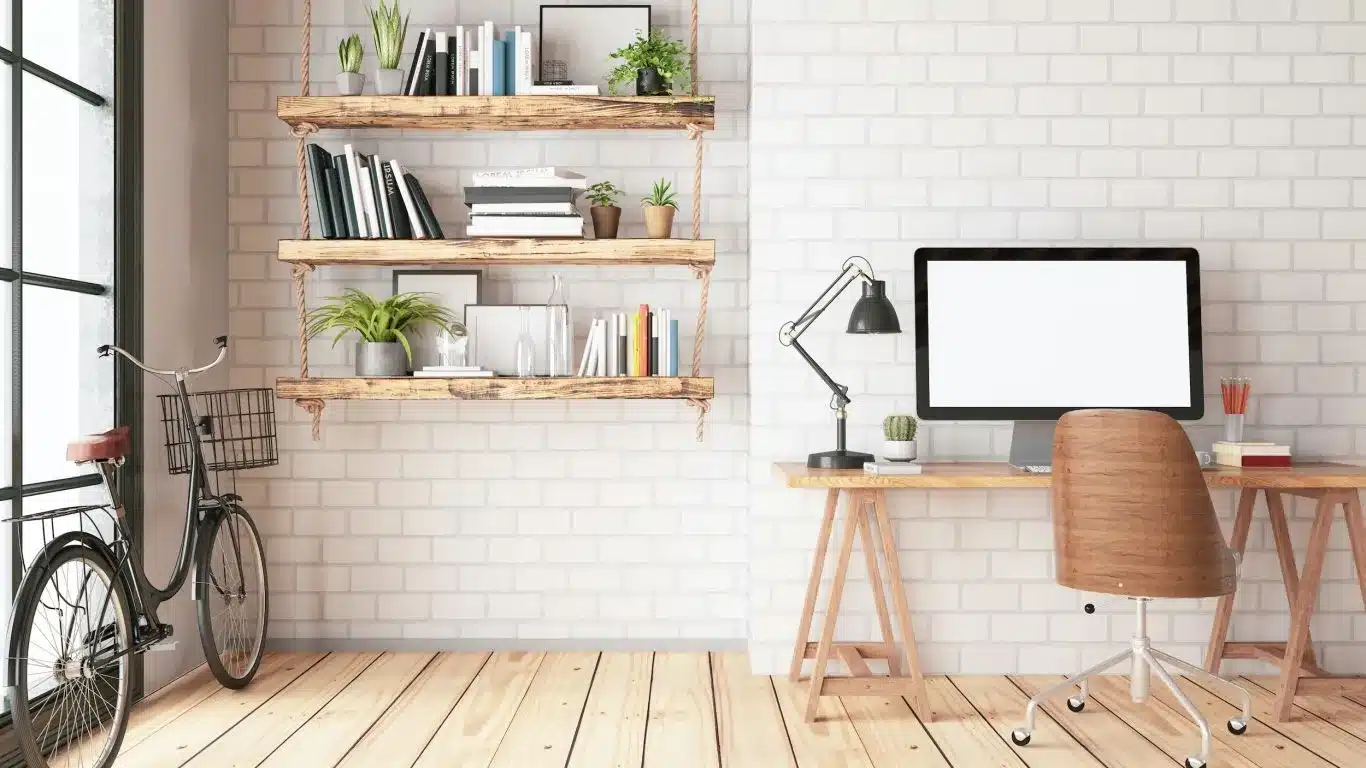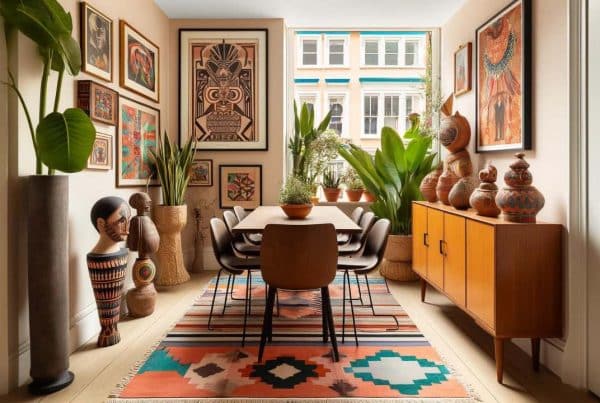In today’s interconnected world, the traditional constraints of time and location are no longer barriers to learning. With the rise of online education, aspiring interior designers can embark on their creative journey anywhere. Online interior design courses in the UK have gained significant popularity, allowing aspiring interior designers to gain valuable skills and knowledge without needing traditional classroom settings. These courses provide a unique and flexible approach to learning, empowering individuals to pursue their passion for design without limitations. This article will explore the benefits and distinctive features of these unconventional online interior design courses.
Breaking Boundaries of Location
They break free from the limitations of physical location. Traditionally, aspiring interior designers must relocate or commute to attend design schools or workshops. However, with these unconventional online courses, students can participate in classes, interact with instructors, and engage in design projects from the comfort of their own homes or any location of their choosing. This opens up opportunities for individuals who may not have access to traditional design education in their local areas.
Flexibility and Personalised Learning
Flexibility is a hallmark of unconventional online interior design courses. These courses allow students to learn at their own pace, fitting their studies around their existing commitments such as work, family, or other responsibilities. The courses typically offer pre-recorded lectures, downloadable resources, and interactive assignments that students can complete independently. This personalised learning approach ensures students can tailor their educational experience to meet their needs and goals.
Diverse Range of Design Specialisations
They often provide diverse design specialisations catering to various interests and career aspirations. Whether one’s passion lies in residential design, commercial spaces, sustainable design, or even niche areas like yacht interiors or set design, courses are available to delve deeper into these fields. This allows students to specialise and develop expertise in their chosen area of interest, equipping them with valuable skills and knowledge for their future careers.
Embracing Technology for Design Exploration
Through digital tools and software, students can explore design concepts, experiment with layouts, create virtual models, and visualise their ideas in a virtual environment. These courses leverage technology to provide hands-on experience and foster creativity. Students can learn to use design software, such as computer-aided design (CAD) programs, 3D modelling tools, and virtual reality applications, enabling them to develop their technical skills and stay current with industry trends.
Global Community and Networking Opportunities
They attract a diverse community of students worldwide. This global reach provides an excellent opportunity for students to connect and collaborate with peers and industry professionals from different cultural backgrounds and perspectives. Online platforms, discussion forums, and virtual networking events facilitate meaningful interactions, knowledge sharing, and the establishment of professional networks. Building connections within the industry can lead to future collaborations, job opportunities, and a broader understanding of design practices on a global scale.
Conclusion
Unconventional online interior design courses in the UK have revolutionised how individuals pursue their passion for design. By breaking the boundaries of location, offering flexibility, providing specialised design specialisations, embracing technology, and fostering a global community, these courses empower students to learn and grow as designers from anywhere in the world. With the freedom to personalise their learning experience and access to a wealth of resources, aspiring interior designers can embark on a creative journey that transcends traditional limitations.








